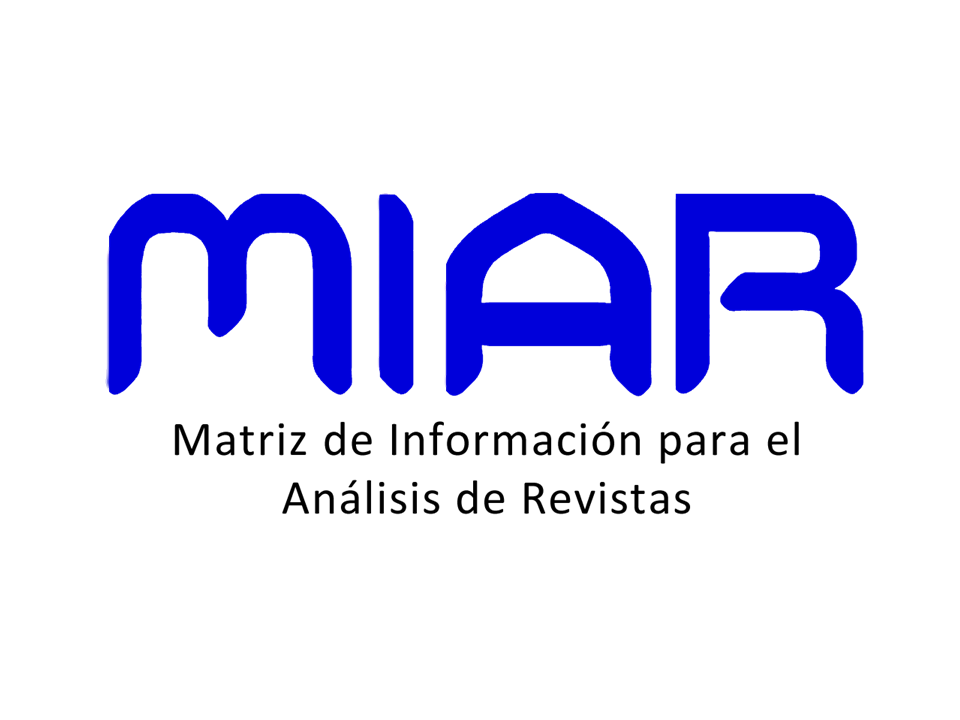OS PARADIGMAS DE “TU” E “VOCÊ” NO CONTEXTO DATIVO NAS CARTAS PERNAMBUCANAS
DOI:
https://doi.org/10.22478/ufpb.1983-9979.2020v15n1.52197Keywords:
Carta pessoal, Tu e você em contexto dativo, Fatores sociais, Fatores formaisAbstract
This article continues previous studies on Brazilian Portuguese (PB) about the insertion of “você” in the pronominal paradigm and its fitting into other syntactic contexts (GOMES, 2014; LOPES and OLIVEIRA, 2018). In this sense, it aims to expand the results of these studies with the approach of the dative syntactic relationship in Pernambucan manuscripts of the 19th and 20th centuries, both from the point of view of the structural and social factor (LABOV, WEIRICH and HERZOG, 2006). For this discussion, the theory of Power and Solidarity (BROWN and GILMAN, 1960), the Theory of Politeness (BROWN and LEVINSON, 1987) and Sociolinguistic Standards (LABOV, 2008) were also based. Initially, the reconstruction of the performance of these documents was made, considering the conditions in which they were produced, the profile of the correspondents and the relationship with their interlocutors, discussing the social and pragmatic factors. Then, the process of variation of the pronouns belonging to the “tu" and "você” paradigms in the dative morphosyntactic context was analyzed. One of the results points out that the choices of the pronoun forms are directly linked to the type of relationship established between the letter writers, considering the use of the dative in correlation with each subgenre analyzed.










